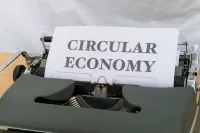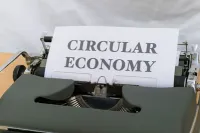A crucial element in the transition to the Circular Economy are the innovations at production and recycling facilities that aim at resource efficiency, the prevention of waste and the use of production residues or materials recovered from waste as secondary raw materials. A key condition for making these circular innovations work is to better connect policy, law and regulation on the ground. This guidance was developed to support regulators, policy- and law-makers and businesses in enabling and carrying through such innovations and rise to some of the commonly shared challenges.
The report contains the minutes of the MIW&IMPEL Conference, where the “Guidance for regulators on enabling innovations for the circular economy (prevention and recycling of waste)” has been launched.









